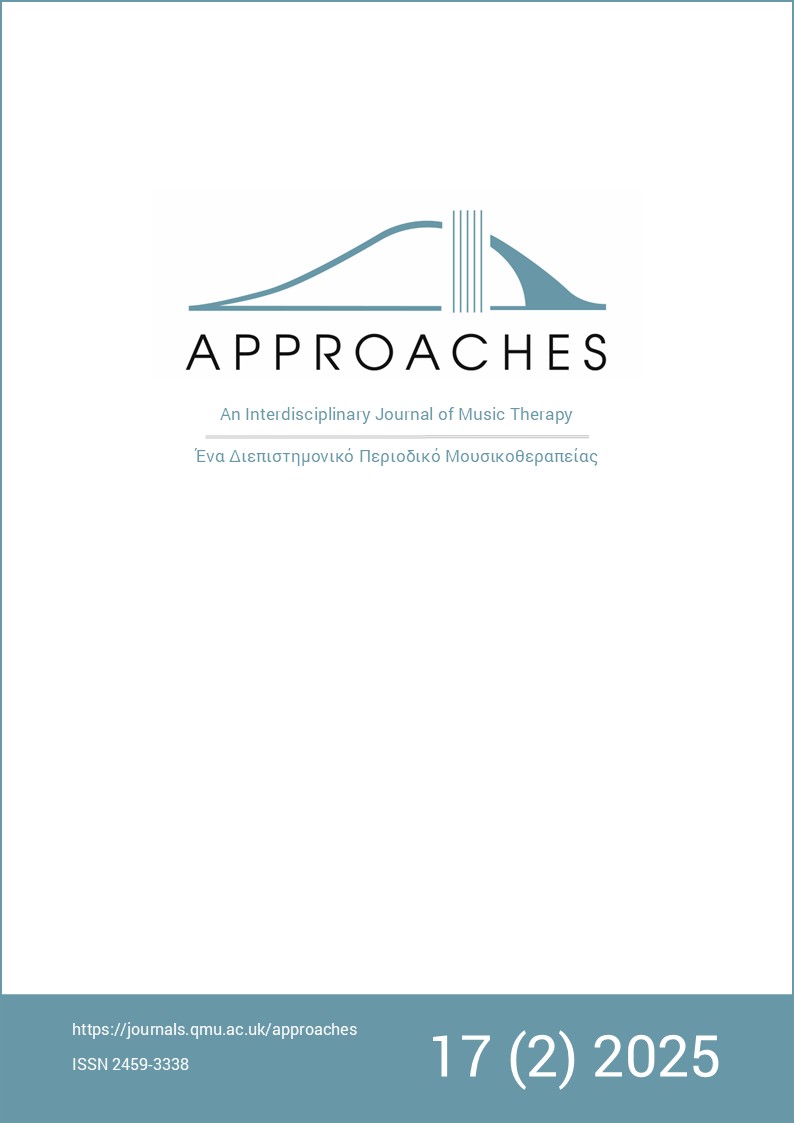“Music therapy is the very definition of white privilege”: Music therapists’ perspectives on race and class in UK music therapy
DOI:
https://doi.org/10.56883/aijmt.2024.20Keywords:
classism, middle-class, people of colour, qualitative survey, racism, thematic analysis, white fragility, white normativity, white privilege, working-classAbstract
The resurgence of the Black Lives Matter movement in the summer of 2020 following the death of George Floyd highlighted, once again, the racial and socioeconomic inequities permeating western countries, and galvanised music therapists in the UK and elsewhere to reflect on the importance of race and social class in their profession and therapeutic practice. These discussions have a longer history in the US; in the UK they are in their infancy. Building on the 2020 British Association of Music Therapy Diversity Report (Langford et al., 2020), this study aimed to contribute to the burgeoning discussion in UK music therapy by inviting trainee and qualified music therapists to reflect on how – often intersecting – racial and socioeconomic inequities impact on music therapy training and practice and what changes are needed for music therapy to become more relevant to and representative of minoritised communities. Data were generated using an online qualitative survey (N=28) and five follow-up telephone interviews, allowing for both breadth and depth in an area where there is a paucity of research, and a higher level of “felt anonymity” for a potentially sensitive and threatening topic. Reflexive thematic analysis informed by critical race theory was used to develop three themes from the data: 1) Posh white ladies: the typical music therapist; 2) White normativity and fragility in music therapy; and 3) Music therapy: undervalued and too costly. In the conclusion, we synthesise the participants’ accounts into recommendations for diversifying the music therapy profession in the UK.
Downloads
Published
Issue
Section
License
Copyright (c) 2024 Tamsin Mains, Victoria Clarke, Luke Annesley

This work is licensed under a Creative Commons Attribution-NonCommercial-NoDerivatives 4.0 International License.




